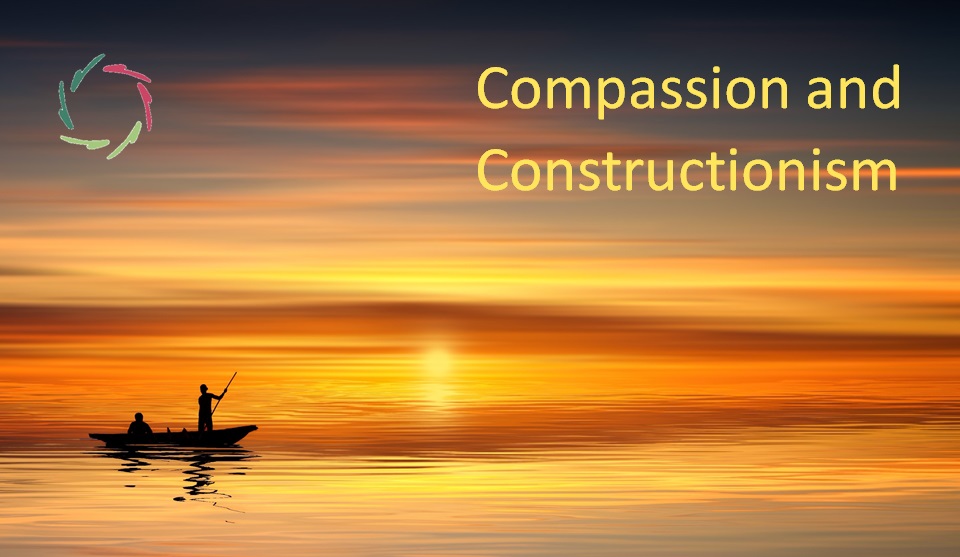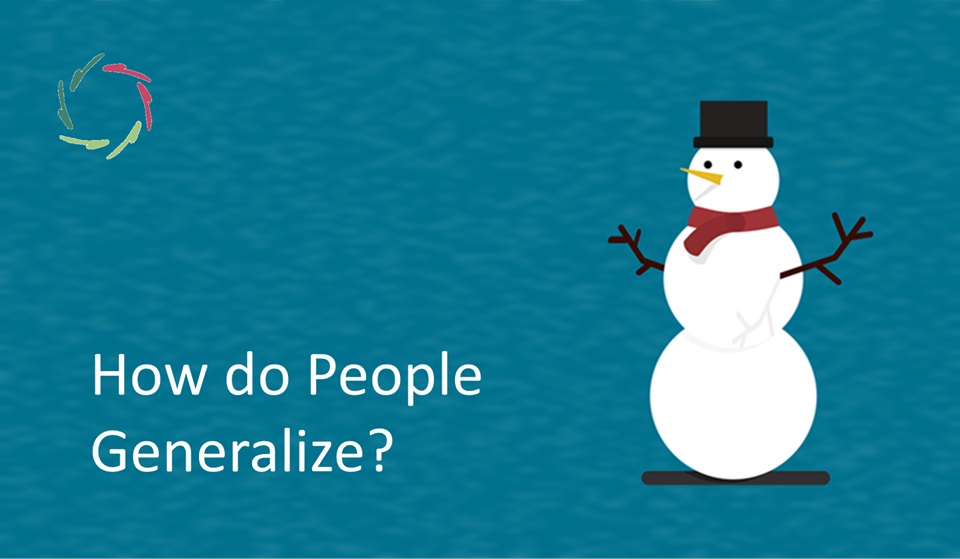Compassion and Constructionism

Constructionism shows the importance of not getting stuck in a constructed reality. Compassion ethically realizes this for the good of many.
I write Compassion with a Capital because of its relation to the subconceptual.
Depth involved
Compassion encompasses a profound way of looking at people (and all sentient beings). ‘Deep’ in this means that the merely conceptual is not a barrier. This also entails going beyond what is easily nameable. In other words: It’s not always straightforward to clearly talk about it. As a language, poetry – the poetic – is sometimes more appropriate than prose.
These blog texts themselves are not merely prose. They shouldn’t be read as simple prose. They are suggestive, some kind of invitation. This is not always easy for everybody. Rereading may reveal more, even to me.
Meditation as constructionist exercise towards Compassion.
[see: “Constructionism“]
Proper meditation opens one to the domain of subconceptual processing, the level of neuronal patterns. [see: “Patterns in Neurophysiology”] In Buddhism, this is captured in the idea of ‘emptiness’: empty of concepts, full of potential ― through subconceptual associations.
In Buddhism, it’s called non-dualistic thinking: not making merely conceptual (dualistic, this-or-that) distinctions. In poetic terms, Buddhism describes conceptual thinking – at each thought or feeling – as ‘seeing the ox’s tail.’ The ox (subconceptual processing) has already mostly gone, and one may see through the window only the latest part of the happening. This part may or may not enter conscious perception (the seeing of the tail). On the road towards Enlightenment, one may start discerning the ox.
Of course, the total ox is more important than only the tail.
Grabbing the tail as if this is it, the ox may tear you through your open window. Starting to see more of the ox may start you on a fantastic journey of discovery. In the Buddhist poetic tale, eventually, even the ox disappears. That is nirvana ― Emptiness. It ends with a return to everyday life. That is Compassion.
Compassion in need of Openness
As in Open Leadership, Open Religion.
The Openness is a constructionist view, seeing that many constructions are only that ― not the fundamental reality that lies on a different plane.
Also towards more science
This opens one to more realness, more humanity. Interestingly, this also accords with the ultimate scientific goal. At present, too much science is incarcerated in conceptual thinking, as if rationality and conceptuality are the same.
My striving for rationality, at least, includes the conceptual as well as the subconceptual. In my view, this is necessary to get past the immense problems that are being heaped up in the human sciences: reproducibility crisis, a total scientific debunking of psychotherapeutic theories and methods. [see: “Psychotherapy vs. Psychotherapies”]
Many failures through this
It leads to some success, but also a lot of pragmatic failures such as, in healthcare, the mounting burden of depression and psycho-somatic illness. One may try to ‘explain’ these failures by constructing ever more conceptual theories. The more complex the society becomes, the more failures the future will show.
This is inevitable if we keep acting from within a constructed, dualistic bubble.
It also makes A.I. very dangerous if enacted from within this bubble. This is being done in many ways nowadays. Not surprisingly, since A.I. engineers seldom have truly deep insight into human nature. An additional problem is that neither are many psychologists, including those who give their advice in the world of A.I. Everything shows that this will keep being the case for quite some time to come.
This is why we absolutely, urgently need Compassionate A.I. [see: “The Journey Towards Compassionate A.I.”]


